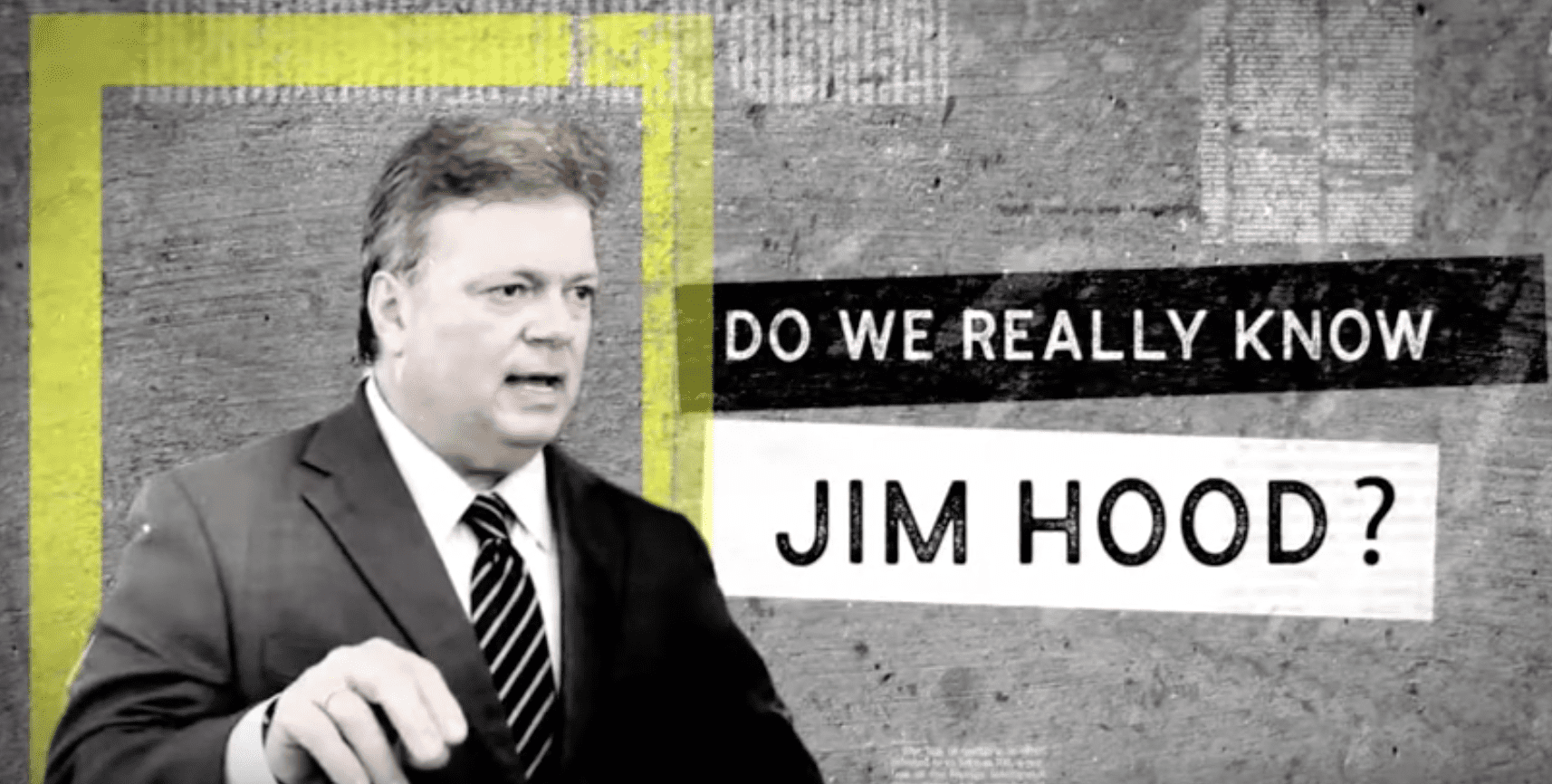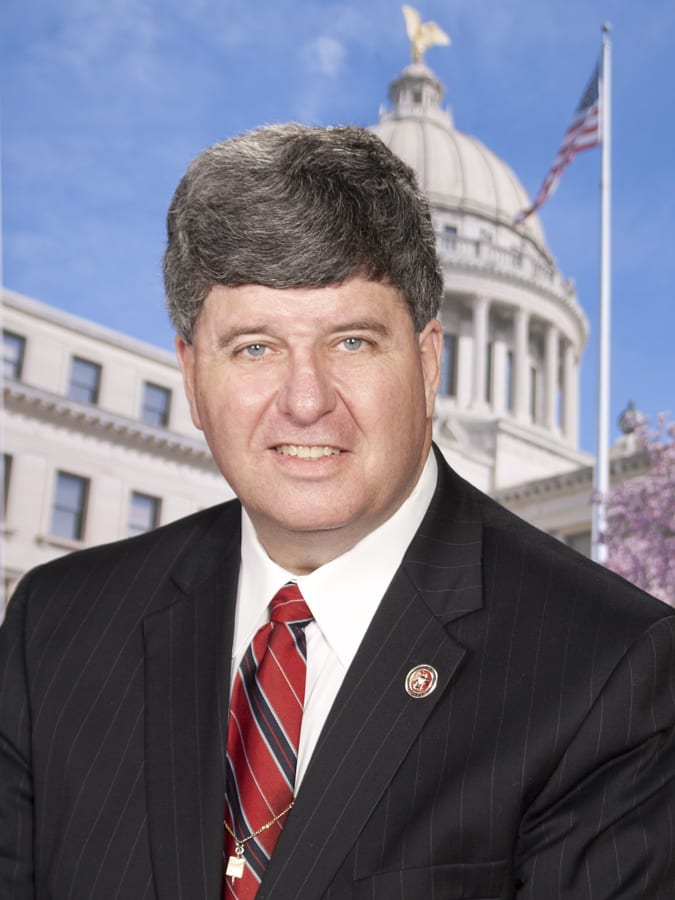
Studio portrait of Sid Salter. (photo by Beth Wynn / © Mississippi State University)
By: Sid Salter
It’s been 20 years since mass shooting gun violence became part of the national lexicon in America after the Columbine, Colorado massacre.
As is the case in the El Paso, Texas and Dayton, Ohio shootings that left a total of 30 dead and dozens wounded in shootings less that 24 hours apart over the weekend, members of Congress expended a lot of commentary on their “thoughts and prayers” for the victims and their families. But Congress has been particularly impotent on the question of actually formulating laws that might have the impact of keeping us all safer from gun violence.
The 2012 Sandy Hook shootings, with primarily children among the 27 victims, didn’t spur action. Neither did the 2017 Las Vegas mass shooting in the shadows of a major casino that left 58 dead and 500 injured produce congressional action.
Not even a shooting that injured congressman at a practice for the annual congressional baseball game brought about any movement in the political stalemate over gun legislation that has paralyzed the Congress for a quarter-century.
Congress hasn’t passed substantial gun legislation since 1994, when a partial ban on making or possessing semiautomatic assault weapons was passed. Twenty years later, the law expired during the administration of President George W. Bush with the support of a GOP-controlled Capitol Hill.
Why Congress is paralyzed on the issue is a complex answer, but the ugly truth is that much of the stalemate is intertwined with whether or not a member of Congress can be re-elected based on his or her stance on guns. Those who support strong Second Amendment protections are labeled irresponsible and irrational in the face of gun violence while those who support strong gun control measures are labeled soft on crime and of making families less safe in their homes.
While the partisan labels in this debate aren’t absolute, the evolution of the U.S. gun debate has skewed heavily toward Democrats supporting strong gun restrictions and Republicans supporting unfettered Second Amendment rights. Introduce groups like the pro-gun National Rifle Association and others like the anti-gun Everytown for Gun Safety and the partisan political battle rages in manner in which compromise from either side is a dirty word and for many members of Congress – depending on their districts – political suicide.
If Congress isn’t headed toward legislative measures to address mass shootings in the foreseeable future, what about the nation’s judicial system?
In 2008’s District of Columbia v. Heller, the U.S. Supreme Court ruled in a 5-4 decision that gun rights did not inure only to those in a “well-regulated militia” as anti-gun forces argued but to individuals – which affirmed the pro-gun arguments in the case and overjoyed the NRA.
But the late Supreme Court Justice Antonin Scalia also wrote something else in the Heller decision that the NRA didn’t applaud: “Nothing in our opinion should be taken to cast doubt on longstanding prohibitions on the possession of firearms by felons and the mentally ill, or laws forbidding the carrying of firearms in sensitive places such as schools and government buildings, or laws imposing conditions and qualifications on the commercial sale of arms.”
Scalia would also assert the belief that “like most rights, the right secured by the Second Amendment is not unlimited” and that it is “not a right to keep and carry any weapon whatsoever in any manner whatsoever and for whatever purpose.”
Despite the sympathies for gun control legislation that rise following atrocities like those in El Paso and Dayton, the fact is that Americans are pretty close to evenly split over the question of gun control versus gun rights – but gun rights activists tend to be more vocal, more politically active and more supportive individually of groups like the NRA.
The Supreme Court hasn’t spoken to gun rights since Justices Neil Gorsuch and Brett Kavanaugh took their seats on the nation’s highest court. Will this new court embrace Heller or dismantle it? That’s probably far more relevant than fruitless handwringing over what Congress will or won’t do. The smart money, in that bet, is on “won’t do.”









